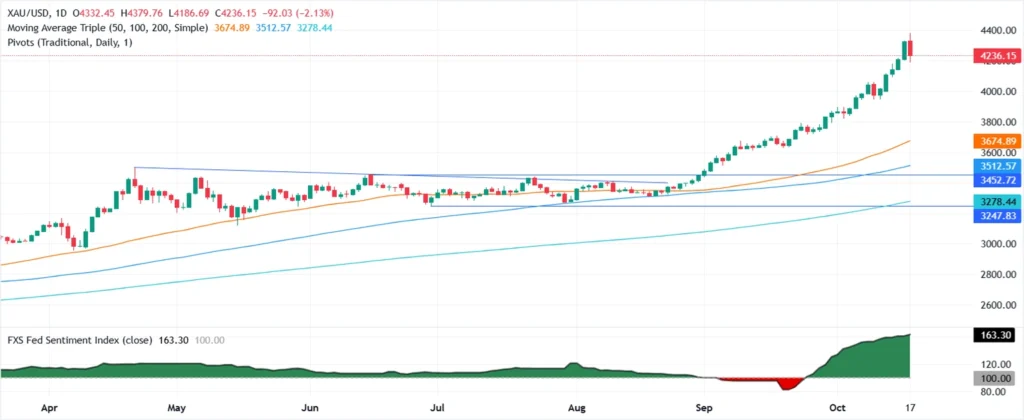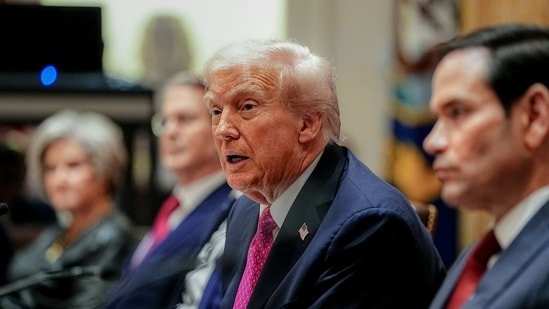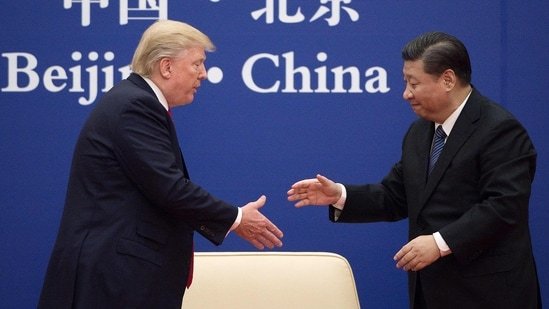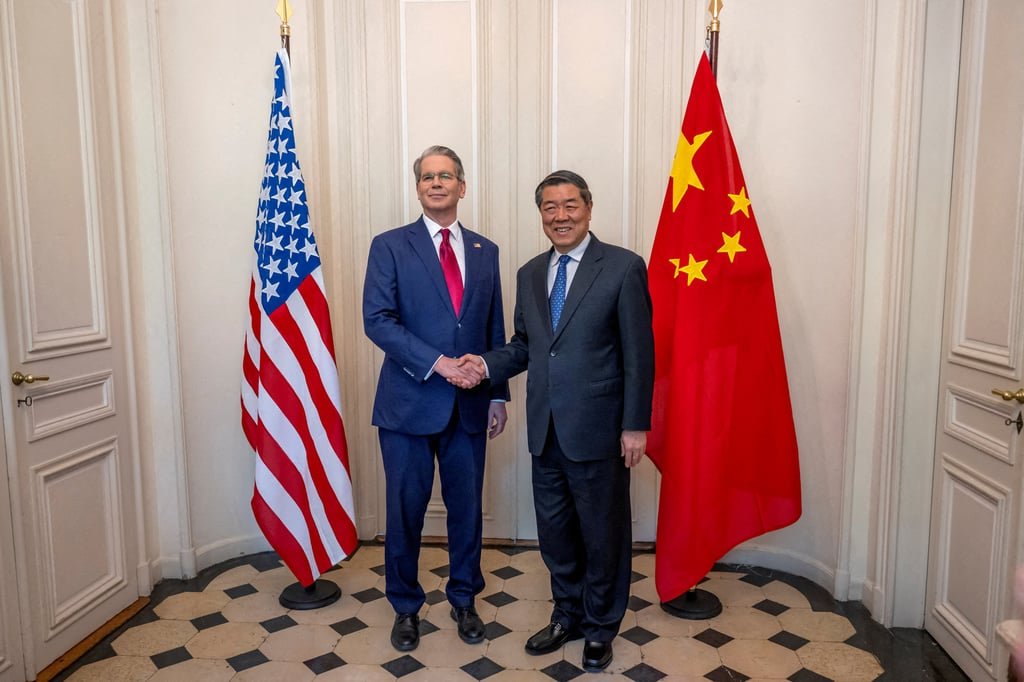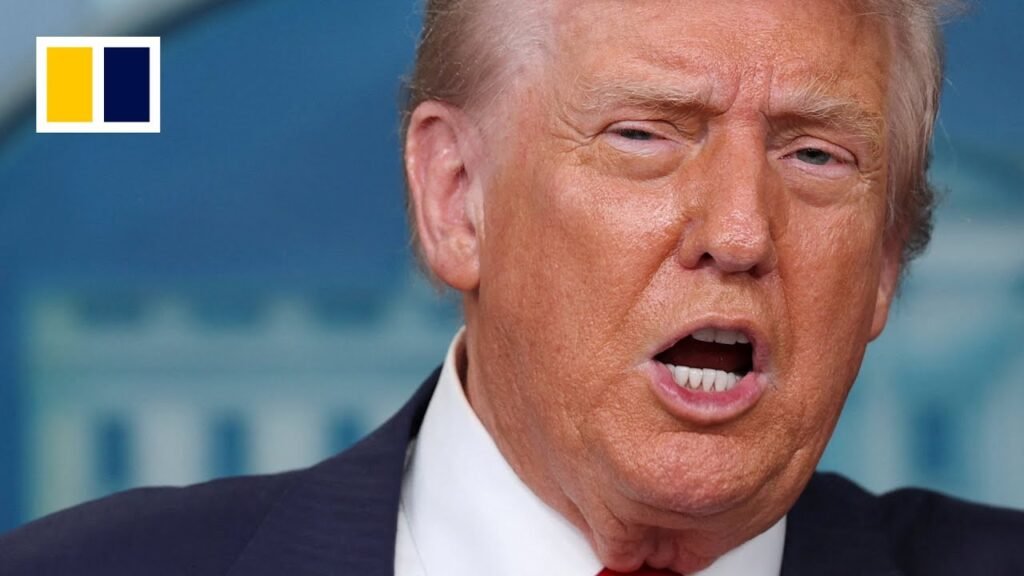
Amid escalating US-China trade tensions, Microsoft is reportedly targeting a major overhaul of its manufacturing operations, aiming to produce the bulk of its upcoming hardware outside China by as soon as 2026. According to a report in Nikkei Asia, quoting sources, Microsoft aims to produce the majority of its new products outside of China as early as next year. These initiatives underscore a broader push by American technology companies to disentangle their supply chains from China, driven by geopolitical risks and potential disruptions in bilateral relations. For Microsoft, the effort encompasses preparations for non-China production of its Surface line of laptops and data center servers, spanning everything from core components to final assembly, starting next year, the sources said. Microsoft has asked multiple suppliers to help prepare “out of China” production for its Surface laptop computers and data center servers, including key components and assembly, starting next year, sources briefed on the matter said.One supply chain executive close to the discussions described the initiative to Nikkei as expansive, “The scope is quite wide and covers components, parts and product assembly for new product introductions of both notebook computers and server products.”
What Microsoft’s ‘2026 China deadline’ means
Microsoft is reportedly planning that all of these can be manufactured entirely outside of China starting from 2026 at the earliest. Industry estimates indicate Microsoft distributes around 4 million Surface notebooks and tablets annually, per data from executives and market researcher Omdia. The company has already relocated a substantial share of its server manufacturing away from China since last year, prioritizing these items due to their strategic importance, one source noted. Microsoft is now requiring that no less than 80% of the bill of materials (BOM), which details every part, component, and assembly step—for its servers be sourced internationally. The BOM push is part of a wider strategy, including efforts to ramp up non-China output for Xbox gaming consoles, though full relocation isn’t yet mandatory, the source added.A second executive at a Microsoft vendor highlighted the logistical hurdles to Nikkei: “Moving assembly is rather easy, but [shifting production] down to the component level is radical and very challenging, especially with a timeframe like 2026.” “We need to see how this ambition will be carried out.” The moves align with similar actions by other American tech companies. Amazon’s cloud division, AWS, is reportedly scrutinizing reductions in purchases from Chinese printed circuit board maker SYE for its AI servers and evaluating alternatives, while Google is scaling up server assembly in Thailand through expanded partnerships.


